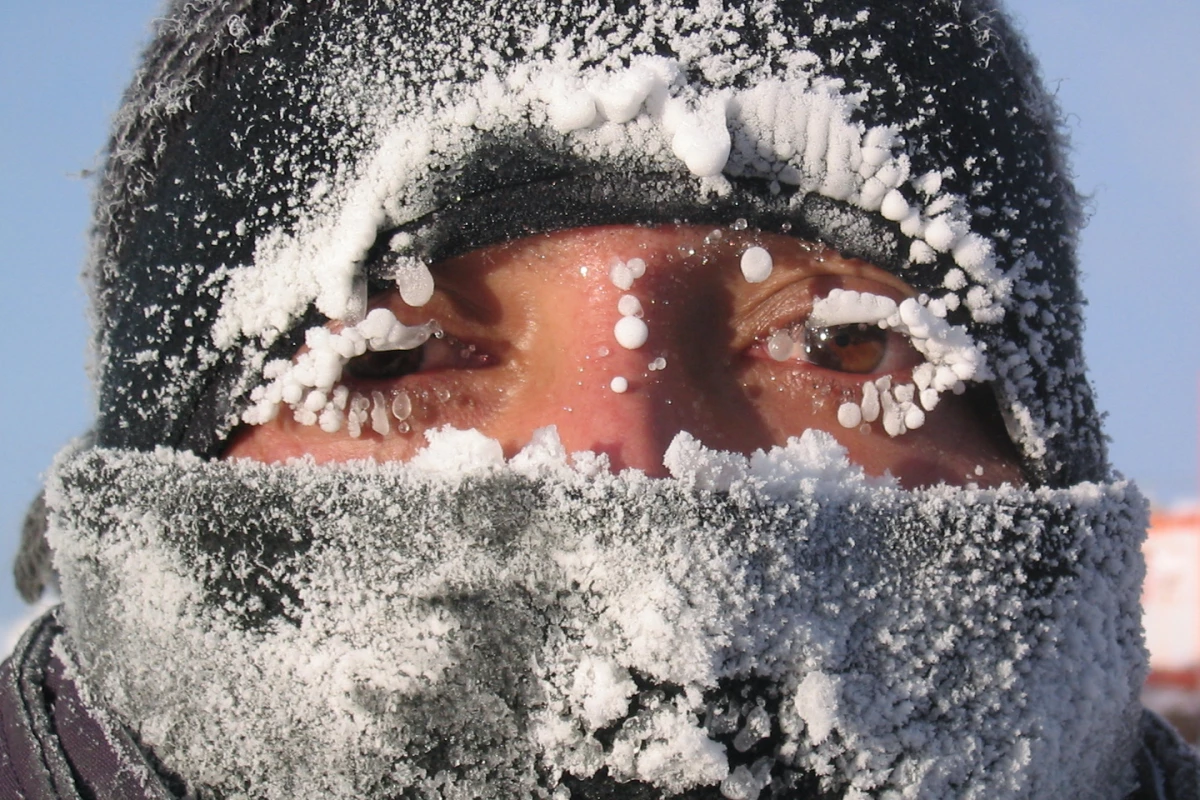Currently, when we're heading outside on a sunny day, we apply sunscreen to limit UV damage to our skin. Thanks to new research, however, we may soon apply a different sort of lotion to avoid frostbite on cold days.
Led by Dr. Munia Ganguli from India's Academy of Scientific and Innovative Research, a team of scientists recently produced a liquid solution which contained the compounds dimethyl sulfoxide (DMSO) and polyvinyl alcohol (PVA). Both are commonly used in labs to cryopreserve cells, with DMSO keeping ice crystals from forming within cells, and PVA keeping crystals from forming between them and damaging their outer membranes.
After some experimentation with different ratios of the two chemicals, the researchers eventually found a mix that worked best at protecting cultured cells from damage caused by exposure to freezing temperatures. Named SynAFP, the mixture yielded a cell survival rate of approximately 80 percent.
Next, the team combined the SynAFP with commercial aloe vera cream, which was then applied to the skin of mice 15 minutes before they endured a "cold challenge." As compared to a control group, the mice that received the cream experienced smaller frostbite wounds, less tissue damage and inflammation, plus the wounds that they did have healed faster.
More work still needs to be done, though, as it was found that applying the cream 30 minutes prior to exposure had no protective effect. The scientists also need to determine if the cream works on humans, and how often it would have to be reapplied.
A paper on the research was recently published in the journal ACS Applied Biomaterials.
Source: American Chemical Society




